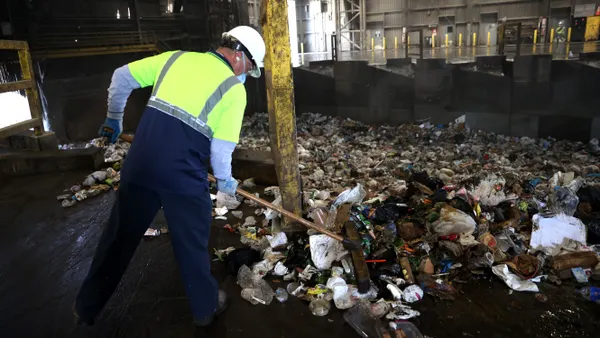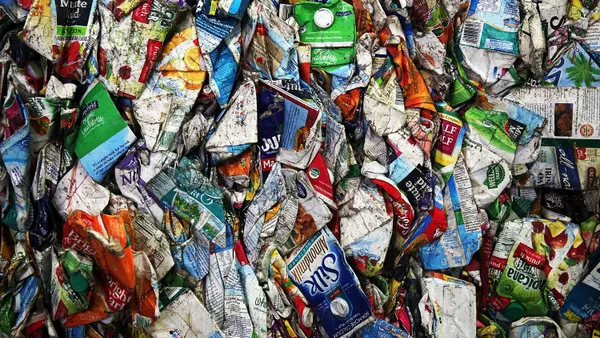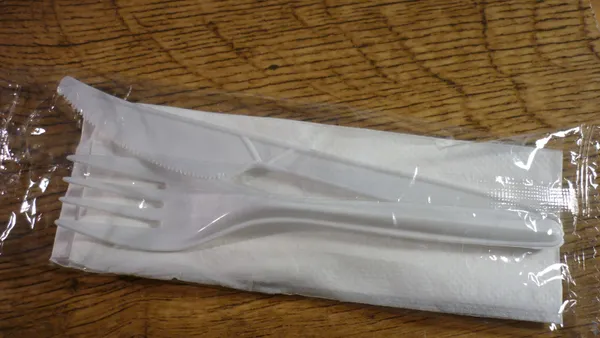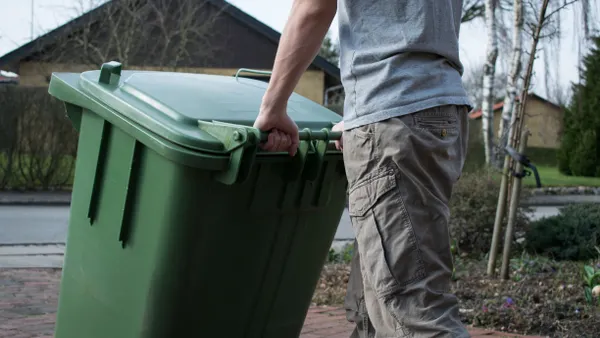Dive Brief:
- Last year, 23 national parks across the U.S. banned the sale of plastic water bottles to help reduce park waste and carbon emissions. Now, the International Bottled Water Association — which represents 200 bottled water manufacturers including Deer Park, Fiji, and Evian — is fighting back.
- The collective manufacturers — commonly referred to as "Big Water" — argue that the National Park Service's ban will have an unhealthy effect on park guests. Chris Hogan, the vice president of communications for IBWA, has also said the ban is a "misleading attack on bottled water."
- IBWA has made NPS a top lobby target, turning to legislative allies on Capitol Hill to help pass a last-minute amendment that will prohibit NPS from using taxpayer money to eliminate disposable plastic bottles in parks.
Dive Insight:
While Big Water is concerned that park guests won't be able to access a necessary water supply to stay hydrated, the National Park Service has made it clear that visitors are allowed to bring their own water bottles, and have installed refillable water stations around the parks. However, it is uncertain if the cost of buying and installing the water stations is cancelling out the savings in recycling costs.
Despite costs, Zion National Park, located near Springdale, UT, says that the water-filling stations in the park are a “sustainability success story.” The park says it has eliminated the annual sale of 60,000 bottles of water, which is “the equivalent of 5,000 pounds of plastic not entering the waste stream.”
Park advocates believe that the $13.1 billion bottled water industry is lobbying against the NPS for fear of losing profits. According to Jeremy Sweat, a legislative affairs specialist for the Park Service, the NPS has not taken a position on the legislation.











